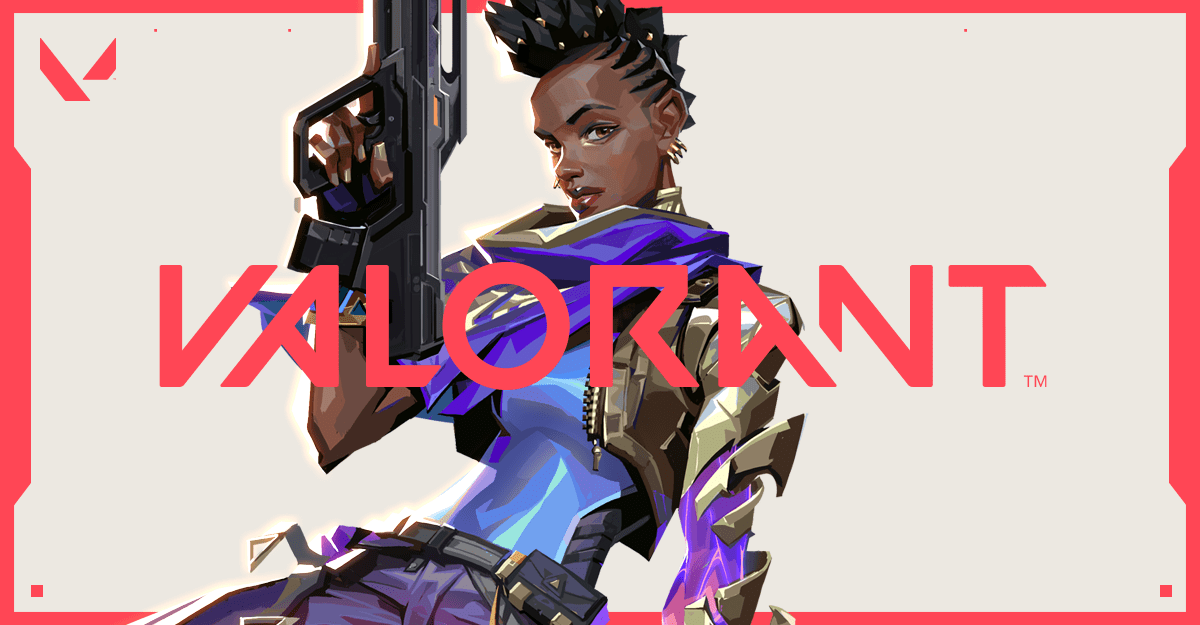Valorant is a popular online multiplayer game that requires quick reflexes and precise aiming. However, lag and high ping can significantly hamper your gaming experience.
In this article, we will discuss the causes of Valorant lag and high ping and provide you with effective solutions to fix these issues. So, let’s dive in and get you back to smooth and lag-free gameplay!
Valorant is an intense first-person shooter game developed by Riot Games. It combines tactical gameplay with precise gunplay mechanics. However, even with a stable internet connection, you may encounter lag and high ping, resulting in delayed responses and frustrating gameplay. Understanding the causes of these issues is crucial in finding the right solutions.
Understanding Valorant Lag and High Ping
Lag refers to the delay between your actions and their corresponding outcomes in the game. High ping, on the other hand, is the time it takes for your computer to communicate with the game server and receive responses. Both lag and high ping can disrupt your gameplay, making it difficult to aim accurately and react quickly to in-game situations.
Causes of Valorant Lag and High Ping
- Internet Connection Issues:A weak or unstable internet connection is one of the primary culprits behind lag and high ping in Valorant. Factors such as low bandwidth, network congestion, and signal interference can contribute to poor connectivity and latency issues.
- Server Problems:Valorant has servers located in different regions, and if you are connecting to a server far away from your location, it can result in higher ping and increased lag. Server maintenance, overcrowded servers, or server-side issues can also contribute to poor performance.
- System Requirements:Insufficient hardware specifications can lead to performance issues and high ping in Valorant. If your computer doesn’t meet the game’s recommended requirements, you may experience lag and latency problems.
- Background Processes:Running resource-intensive applications or background processes while playing Valorant can consume bandwidth and system resources, causing lag. Close unnecessary applications to optimize your gaming performance.
- Network Congestion:During peak usage hours or when multiple devices are connected to your network, network congestion can occur. This congestion leads to increased ping and lag in online games like Valorant.
How to Fix Valorant Lag and High Ping
Now that we have identified the causes, let’s explore some effective solutions to fix Valorant lag and high ping:
- Check Your Internet Connection: Start by running a speed test to check your internet connection’s speed and stability. Ensure that you have a stable connection with low packet loss and sufficient bandwidth.
- Optimize Router Settings: Access your router’s settings and optimize them for gaming. Enable Quality of Service (QoS) to prioritize gaming traffic over other activities on your network.
- Update Network Drivers: Outdated network drivers can cause compatibility issues and poor network performance. Update your network drivers to the latest version compatible with your system.
- Close Background Processes: Close any unnecessary applications running in the background, especially those consuming significant bandwidth or system resources. This step can free up resources for Valorant, reducing lag.
- Choose the Right Server: Connect to the Valorant server closest to your location. This can help minimize ping and reduce the distance between your computer and the game server.
- Adjust Valorant Settings: Optimize Valorant’s in-game settings for better performance. Lower graphics settings, disable unnecessary visual effects, and enable options like “Reduce Buffering” to reduce input lag.
- Use a Wired Connection: If you’re currently using a Wi-Fi connection, consider switching to a wired Ethernet connection. Wired connections provide more stable and consistent network performance, resulting in lower ping and reduced lag.
- Upgrade Your Hardware: If your computer doesn’t meet the recommended system requirements for Valorant, consider upgrading your hardware. Adding more RAM, upgrading your graphics card, or switching to an SSD can significantly improve game performance.
Conclusion
Valorant lag and high ping can be frustrating obstacles when trying to enjoy the game to its fullest. By understanding the causes behind these issues and implementing the solutions provided, you can significantly improve your gaming experience.
Remember to check your internet connection, optimize your router settings, update network drivers, close background processes, choose the right server, adjust Valorant settings, use a wired connection, and upgrade your hardware if necessary.
Get back into the game and experience smooth, lag-free gameplay in Valorant!
FAQs
Why is my ping high in Valorant?
High ping in Valorant can be caused by various factors, including a weak internet connection, server issues, system requirements, background processes, or network congestion. By following the suggested solutions in this article, you can lower your ping and improve your gaming experience.
How can I lower my ping in Valorant?
To lower your ping in Valorant, you can try checking your internet connection, optimizing your router settings, updating network drivers, closing background processes, choosing the right server, adjusting Valorant settings, using a wired connection, or upgrading your hardware.
Does using a VPN reduce lag in Valorant?
While a VPN can help improve your privacy and security, it may not necessarily reduce lag in Valorant. In some cases, using a VPN can even increase your ping due to the additional network routing involved. It’s recommended to test different configurations to see if using a VPN improves your specific connection.
What are the minimum system requirements for Valorant?
The minimum system requirements for Valorant include an Intel Core 2 Duo E8400 processor, 4GB of RAM, and an Intel HD 3000 graphics card. However, it’s recommended to have a more powerful system to ensure smooth gameplay.
Can Valorant lag be fixed permanently?
While it’s difficult to guarantee a permanent fix for lag in any online game, following the tips and solutions provided in this article can significantly improve your gaming experience in Valorant. By maintaining a stable internet connection, optimizing settings, and keeping your system up to date, you can minimize lag and enjoy smoother gameplay.



